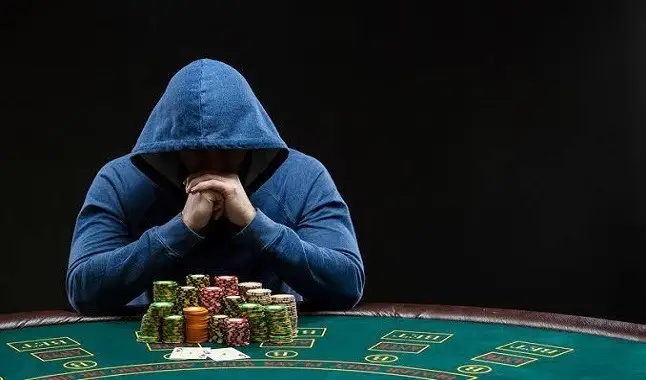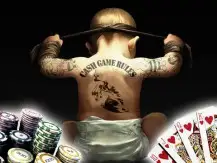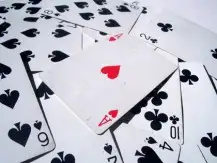
I have several groups, with poker friends, to discuss hands and study. We often talk about some characteristics that good players have or should have.
In this article, I will go on to describe, in my opinion, what the ideal poker player would look like, with his characteristics.
Initially, I believe that the perfect poker player must, of course, be smart. Don't get me wrong. I really believe that in this sport, hard work beats talent. But it is undeniable that the most intelligent are doomed to success, if they have other important characteristics. Still, a higher degree of intelligence, facilitates the whole process of learning the game at a high level.
In addition to intelligence, a lot of discipline is needed. I have seen, at times, good and promising players, stay halfway because they are not disciplined. They played outside their bankroll and did not respect a number of extremely important questions for success in poker. Still on discipline, the ideal player knows that he needs to study the game constantly, and he does so, practically daily.
Resilience is essential, since we are dealing with a game in which we cannot control the outcome and we will constantly deal with defeats and downswings. You have to be strong mentally to deal with large fluctuations in money and financial pressure. At that point, another virtue comes in: being cold. Coldness in poker is an intrinsic characteristic of elite players. You always need to keep your emotions in check, otherwise you will not make the best decisions.
The perfect player needs to be humble, to recognize, daily, where he is wrong, what he can improve, and try to add to his game qualities that he sees in other good players. Ego is the feeling that most drives players to ruin, and should always be left aside, even if you have to work on it.
The ideal player respects the fundamentals of the game, but mercilessly exploits weaker players. He knows that this is where his bread and butter comes from. He is humble and easy to contact outside the table, but when playing, he is ruthless, wanting to destroy every other player sitting at the table. He is scheming, and knows the reason for every move, every action and every word he says during the session.
The ideal player is polite, always. He sees other players as potential customers, and he treats them well.
Finally, the perfect poker player, every day, tries to become a little better, understands that he lives on a sport in constant change, and always tries to be one step ahead, correcting his mistakes and improving his skills.
Daniel Dornelles









